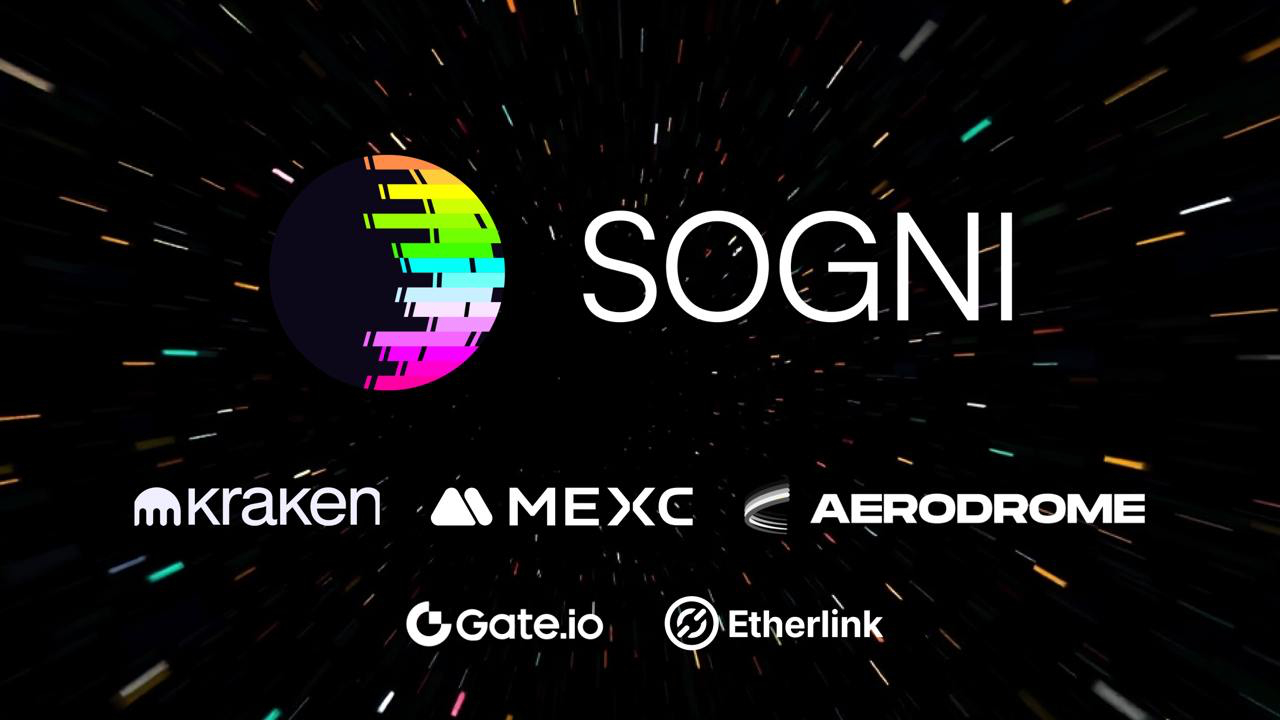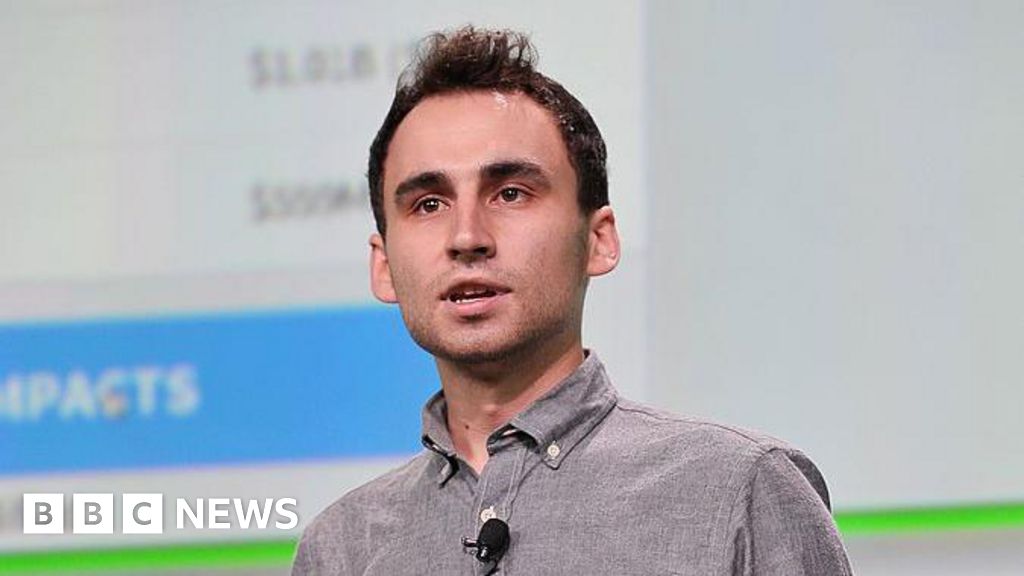Technical skills and experience are still important in today’s job market, but they are not the only things that determine who gets hired. Recruiters and companies are looking at more than just resumes when they hire people. They are also judging the candidate’s “soft skills.” Communication, flexibility, emotional intelligence, and the ability to solve problems are skills that are becoming more and more important for long-term success in any business.
The Rising Value of Soft Skills
As automation and AI change many fields, the things that make people human and that computers can’t do are becoming more valuable. Technical skills can help you get a job, but soft skills are often what show if someone will be a good contributor, a team player, or a future boss.
Employers have realized that even the most technically proficient hires may struggle without the ability to collaborate, empathize, or adapt. This is especially true in client-facing roles, fast-paced teams, and remote work environments — all of which demand strong interpersonal and communication abilities.
The Limitations of Resumes Alone
Resumes traditionally focus on education, certifications, and job history. While these elements are important, they only offer a snapshot of a candidate’s professional background. They fail to reveal how someone handles pressure, navigates conflict, or leads a team during challenging times.
In contrast, evaluating soft skills requires deeper engagement through behavioral interviews, personality assessments, and scenario-based evaluations. Agencies like Gini Talent have developed sophisticated screening processes that go beyond paper credentials to gauge emotional intelligence, leadership potential, and cultural alignment.
Why Soft Skills Matter to Employers
Soft skills contribute directly to workplace culture, employee retention, and overall productivity. For example:
Hiring people with these traits can lead to more resilient, innovative, and agile teams.
How Gini Talent Integrates Soft Skills into Recruitment
Gini Talent, a leading recruitment and staffing service, places strong emphasis on assessing both hard and soft skills during the hiring process. Their team understands that today’s workplaces need people who can not only perform but also collaborate, evolve, and contribute positively to team culture.
It is important for Gini Talent to make sure that the candidates they hire are not only qualified but also in line with the company’s long-term goals. They do this through personality profiles, behavioral interviews, and client-specific cultural fit assessments.
Whether placing tech professionals, remote talent, or specialized industry roles, their approach acknowledges that adaptability, self-awareness, and effective communication are often the make-or-break factors in new hires.
Preparing Candidates for Success
Recruiters also play a key role in coaching candidates to develop and demonstrate their soft skills during interviews. Gini Talent provides guidance to job seekers on how to showcase their communication style, conflict-resolution strategies, and leadership approach — ensuring candidates present a well-rounded image beyond bullet points on a resume.
This dual focus benefits both sides: employers receive candidates who fit both the role and the culture, while candidates land in environments where they can truly thrive.
Final Thoughts
In a rapidly evolving workplace, resumes are no longer the sole source of truth. Soft skills are the real differentiators, offering insight into how a candidate will perform, grow, and contribute. With firms like Gini Talent leading the way in modern recruitment strategies, the hiring process is evolving to prioritize people skills as much as professional qualifications — and the results speak for themselves.











